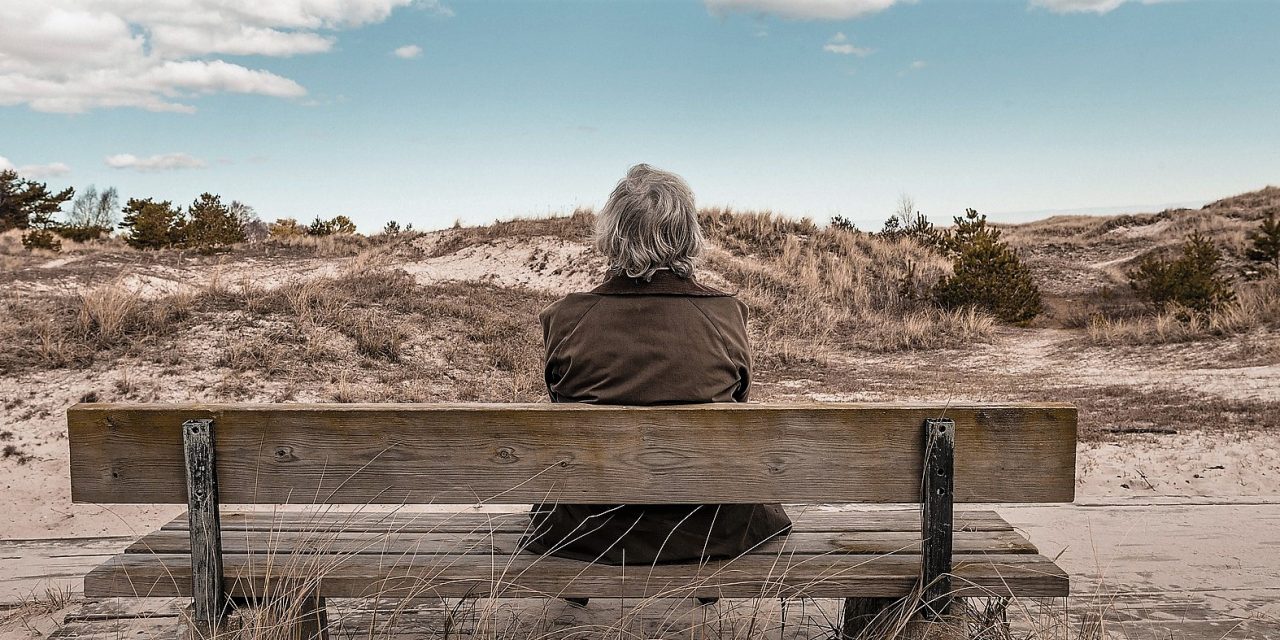
Postponement of the investigation of the reasons for the debtor’s insolvency and bankruptcy tourism

The liberalization of the prerequisites for declaring the bankruptcy of natural persons not conducting business activity, introduced by the amendment of the Bankruptcy Law Act, is an opportunity for all debtors who are afraid of the dismissal of the bankruptcy petition due to the Court’s examination of intentional and gross negligence as regards the reasons for the debtor’s insolvency. The discrepancies in the case-law regarding the recognition of a given circumstance as a basis for rejecting the petition have contributed to the phenomenon of so-called “bankruptcy tourism”. This situation makes one wonder whether the entry into force of the amendment to the rules on consumer insolvency will change anything in this respect.
When you go bankrupt, you go to Warsaw
Taking into account the number of declared consumer bankruptcies by the District Court for the Capital City of Warsaw in Warsaw, one can conclude that this is one of the most forgiving courts in Poland. According to the data of the Central Economic Information Centre, at the end of September 2019, 559 consumer bankruptcies were already announced in the capital city itself, as compared to 175 bankruptcy applications in Wrocław, 166 in Kraków and only 71 in Poznań. The above mentioned statistics consist not only of the population in a given geographical area or economic factors, but also the long-standing phenomenon of bankruptcy tourism.
A more or less fictitious change of the address of residence of debtors from all over Poland resulted in the Warsaw court becoming an asylum for insolvent entities, which, in the opinion of other courts, have significantly contributed to the state in which they find themselves by e.g. gambling, shopaholism or falling into a debt spiral. All this is due to one of the prerequisites for declaring an individual bankrupt – examination of the reasons for insolvency in terms of the debtor’s payment morality already at the stage of filing a bankruptcy petition.
Bankruptcy for everyone?
Introduction of changes to the regulations on consumer bankruptcy may have a significant impact on the phenomenon of bankruptcy tourism. The amendment provides for a complete change of the moment of assessing wilfulness and gross negligence in declaring the bankruptcy of natural persons not engaged in business activity. After the entry into force of the legislation, the reasons for the debtor’s insolvency will be examined only at the stage of establishing a repayment plan. The consequence of contributing to the insolvency will be an extension of the repayment plan for a period of 3 to 7 years. The explanatory memorandum to the bill indicates that this is intended to make it easier for individuals to become insolvent.
Theory. And practice?
The changes introduced by the amendment of 30 August 2019 will contribute to the reduction of the number of dismissed applications for declaring consumer bankruptcy in the country. The abandonment of the premise of investigating the causes of insolvency at the stage of filing the application will certainly have an impact on increasing the number of declared consumer bankruptcies. After the change of regulations, the court will in principle have to declare the debtor’s consumer bankruptcy, however, it is not known whether the change will eliminate the phenomenon of bankruptcy tourism. It is possible that postponing the moment of examining the debtor’s morality will result in a further “escape” from the jurisdiction of more stringent courts, which will be more rigorous in setting the debtor’s repayment plan.
If a debtor sees, for example, that the Poznań court at the stage of debt cancellation and repayment plan is less favourable to him than the court in Warsaw, it will be an incentive for him to file for bankruptcy in the latter court. Nevertheless, time will show how much this change will affect the work of commercial courts and the phenomenon of consumer bankruptcy tourism. In particular, debtors have the right to lodge a cassation appeal against the second instance court’s decision to establish a repayment plan for creditors or to cancel the bankrupt’s liabilities without establishing a repayment plan, which may have a positive impact on the harmonisation of jurisprudence concerning the debtor’s payment morality at this stage of proceedings.













